(Photo by Roman Synkevych 🇺🇦 on Unsplash)
Regenerative medicine is a field of medicine that uses cells, tissues, and organs to heal or replace damaged or diseased parts of the body. It is a rapidly growing field with the potential to revolutionize the way we treat many diseases and conditions. There are many different types of regenerative medicine therapies, but they all share the same goal: to restore the body’s natural ability to heal itself. Some of the most common regenerative medicine therapies include:
Stem cell therapy: Stem cells are undifferentiated cells that can self-renew and differentiate into any type of cell in the body. Stem cell therapy involves using stem cells to replace damaged or diseased cells or tissues.
Tissue engineering: Tissue engineering is the process of creating new tissues and organs in the laboratory. This can be done by using cells, proteins, and other materials to create scaffolds that can be seeded with cells and then implanted in the body.
Gene therapy: Gene therapy is the process of using genes to treat diseases. This can be done by replacing defective genes with healthy genes, or by using genes to produce proteins that can help the body heal itself.
Regenerative medicine is still a relatively new field, but it has already shown great promise in the treatment of many diseases and conditions. For example, stem cell therapy has been used to treat spinal cord injuries, heart disease, and stroke. Tissue engineering has been used to create new skin, cartilage, and bone. And gene therapy has been used to treat cancer and cystic fibrosis. As research in regenerative medicine continues, we can expect to see even more advances in the future. Regenerative medicine has the potential to revolutionize the way we treat many diseases and conditions, and it will soon lead to a cure for many of the world’s most debilitating diseases. Some of the benefits of regenerative medicine are:
It has the potential to cure diseases and conditions that are currently incurable.
It can improve the quality of life for people with chronic diseases.
It can help people who have lost organs or tissues to injury or disease.
It can help people who have been injured in accidents or who have suffered from trauma.
It can help people who are born with congenital defects.
Regenerative medicine is a rapidly growing field with the potential to revolutionize the way we treat many diseases and conditions. As research and regulatory approval in regenerative medicine continues, we can expect to see even more advances in the future. If you are interested in the subject of Regenerative medicine please join the GRMS and further our accessibility and affordability drive so that we may connect the 8 billion people of the world by irradicating degenerative health conditions and increasing longevity.

